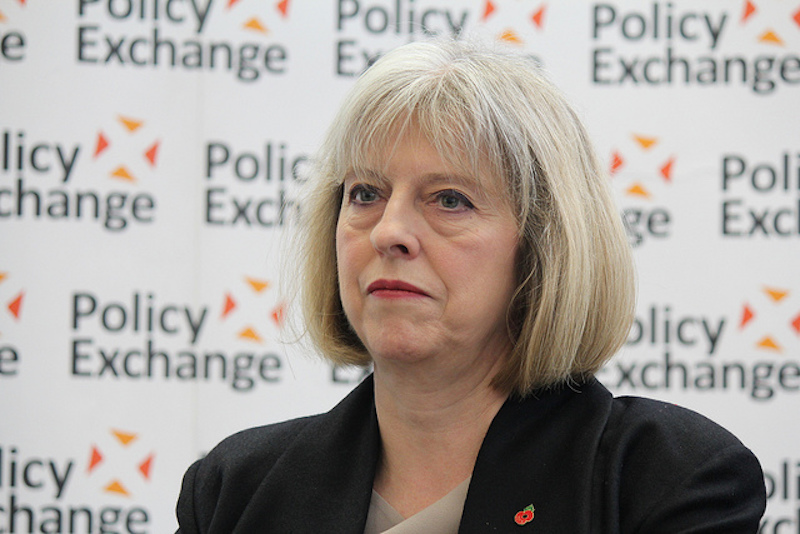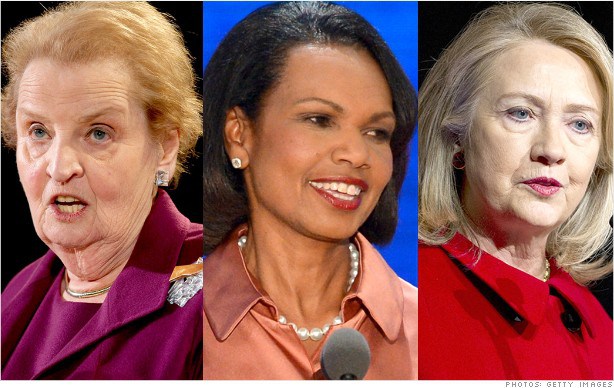The UK’s recent decision to “Brexit” from the EU highlights uncertain implications for Britain’s women. It is possible that they will disproportionately feel the effects of the transition, given that a large portion of existing protections exists at the EU level.
The EU has largely encouraged the UK to implement gender integration policies such as closing the wage gap, employment rights, harassment, and child care. And so, once the UK is no longer subject to EU standards for protection, British women may experience a regression on gender and gender-related issues within their country.
In 1970, the UK passed the Equal Pay Act, which ended wage discrimination against women who were working the same jobs as men. Then, in 1983, the European Commission pursued judicial action to force the UK to comply with a Council Directive demanding equal pay for work of equal value.
From such advancements, it is evident that the UK has often gone above the EU’s minimum requirements for working hours and paid leave. However, 1970-80s legislation merely guaranteed maternity leave for all full-time, directly employed workers who had been in that position for a minimum of two years. It was an EU directive in 1992 that forced the UK to extend paid leave to all working mothers and ultimately to fathers as well.
Regarding sexual harassment in the workplace, the UK’s relevant laws are credited to the EU, which also offers a more comprehensive employment discrimination protection than the UK’s.
Apologists for the Leave campaign have indicated that one of their first actions post-Brexit would be to reinstate caps on how much compensation sexual discrimination victims could claim from their employers. Currently, the EU has banned these caps, but once Brexit is in force, the UK will need to implement replacement policies. Furthermore, Leave supporters also have pledged to build a more flexible labour market by decreasing protections and benefits – such as maternity leave – for part-time and contract workers. Again, the EU previously guaranteed these benefits, but it is uncertain whether or not the UK will revise its domestic policies to account for Brexit’s changes.
Leader of the UK’s Women’s Equality Party, Sophie Walker, has held that women’s work will be especially vulnerable during the post-Brexit recession recovery period. Thus, Walker promoted that the key to post-EU trade deals must include the creation of new employment opportunities for women. Future tariffs must not come at the expensive of key public benefits and services.
Aside from employment concerns, the status of the UK’s pledge to ratify the EU’s Istanbul Convention to end violence against women and girls is now also uncertain. The UK signed the document in 2012, and Prime Minister David Cameron promised to ratify it in 2014. Cameron has since announced that his resignation in light of the referendum results will take effect as of Wednesday, July 13, 2016, making it uncertain if his successor Theresa May will deliver on Cameron’s promise.
The effects of Brexit may also have a negative impact on women with respect to immigration. Since 1993, women have comprised the majority of the UK’s migrant population. Many of these women left their home countries to escape gender-based violence, abusive partners, or unemployment.
In the immediate aftermath of the Brexit vote, many women who are also members of minority groups have already reported facing double-discrimination on the basis of not only sex, but also racial or ethnic origin. Specifically, Muslim women and girls, including those born and raised in Britain, have been exposed to racist rhetoric such as offensive slurs to “go home.” Asian and Polish women have also reported similar hostilities because of their immigrant background.
During the period leading up to Brexit, many criticized that the campaign lacked the voices of women. Thus, it is all the more important now in light of the decision to leave that women be an essential part of the debate about Britain’s future.
In discussing the EU referendum with fellow Britons, Walker was asked for advice on how to engage in debate about feminism with immediate family members who thought it was irrelevant. As Walker identified, this raises a crucial point that as long as women still remain the primary champions of their own cause even when discussing equality issues with their loved ones, then inequality outside the home, such as the absence of female politicians, will continue to exist.
One advantage of the decision to leave the EU is that in changing the political landscape, there is an opportunity to rebuild the government by embedding gender integration and equality at its core.
And there is another source of optimism for women’s empowerment: the future Prime Minister, Theresa May. Even before Cameron announced his resignation, speculators observed his successor could be May, who will now become the UK’s second-ever female prime minister, only behind the “Iron Lady,” Margaret Thatcher.
Throughout the campaign, May had positioned herself in a way in which she would arise from Brexit relatively unscathed. As UK Home Secretary, she dealt with several issues fuelling the referendum itself: counter-terrorism, immigration, prisons, and the police – among others. It is one of the hardest jobs in government, and yet, she has held it for over 7 years, making her the longest serving Home Secretary in over a century.
Interestingly, May has also made it clear that “Brexit means Brexit.” Despite backing the Remain side, the new Prime Minister has stated that she intends to respect the majority vote of the referendum. However, she has also confirmed that Britain will not be invoking the formal process by which a member state exits the EU this year.
As of July 13, 2016, May has officially begun her term as Prime Minister. Speculators have contended that May’s appointment will undoubtedly bring gender equality to the forefront of the national agenda. Her presence marks another milestone for the advancement of women in British politics.
Photo: Rt. Hon Theresa May at ‘The Pioneers: Police and Crime Commissioners, one year on’ (2013), by Policy Exchange via Flickr. Licensed under CC BY 2.0.
Disclaimer: Any views or opinions expressed in articles are solely those of the authors and do not necessarily represent the views of the NATO Association of Canada.



